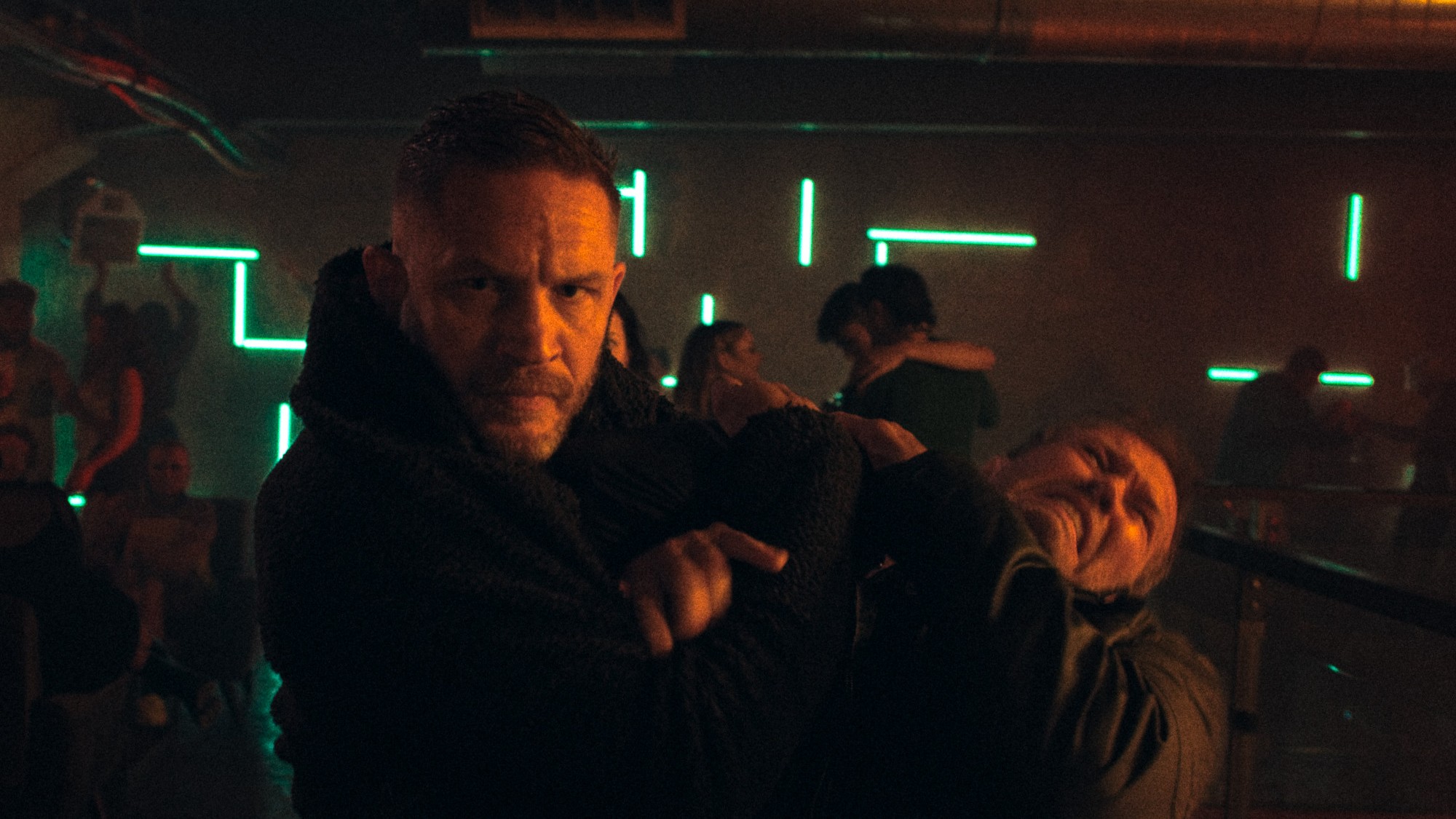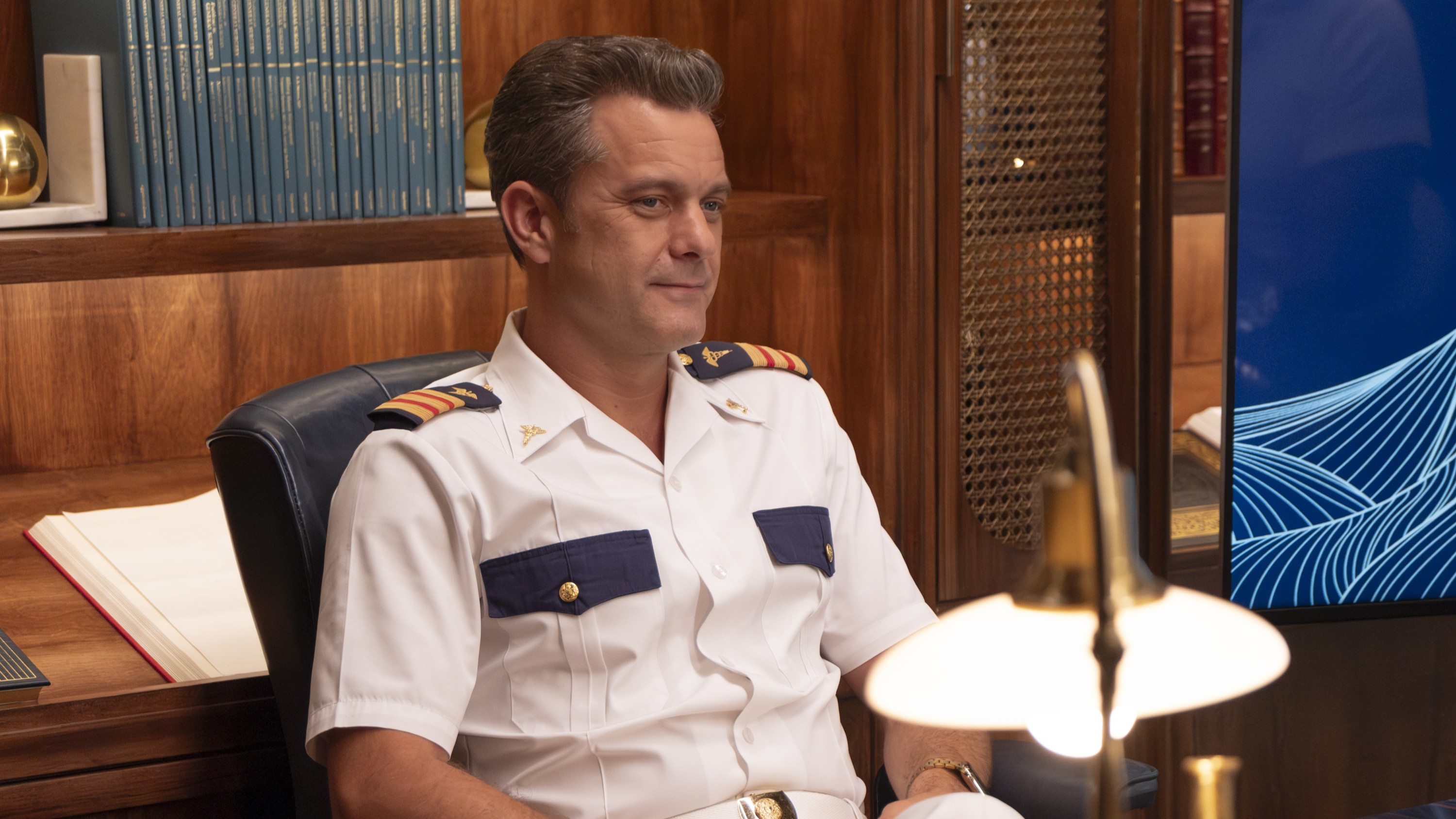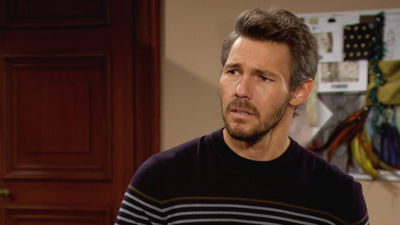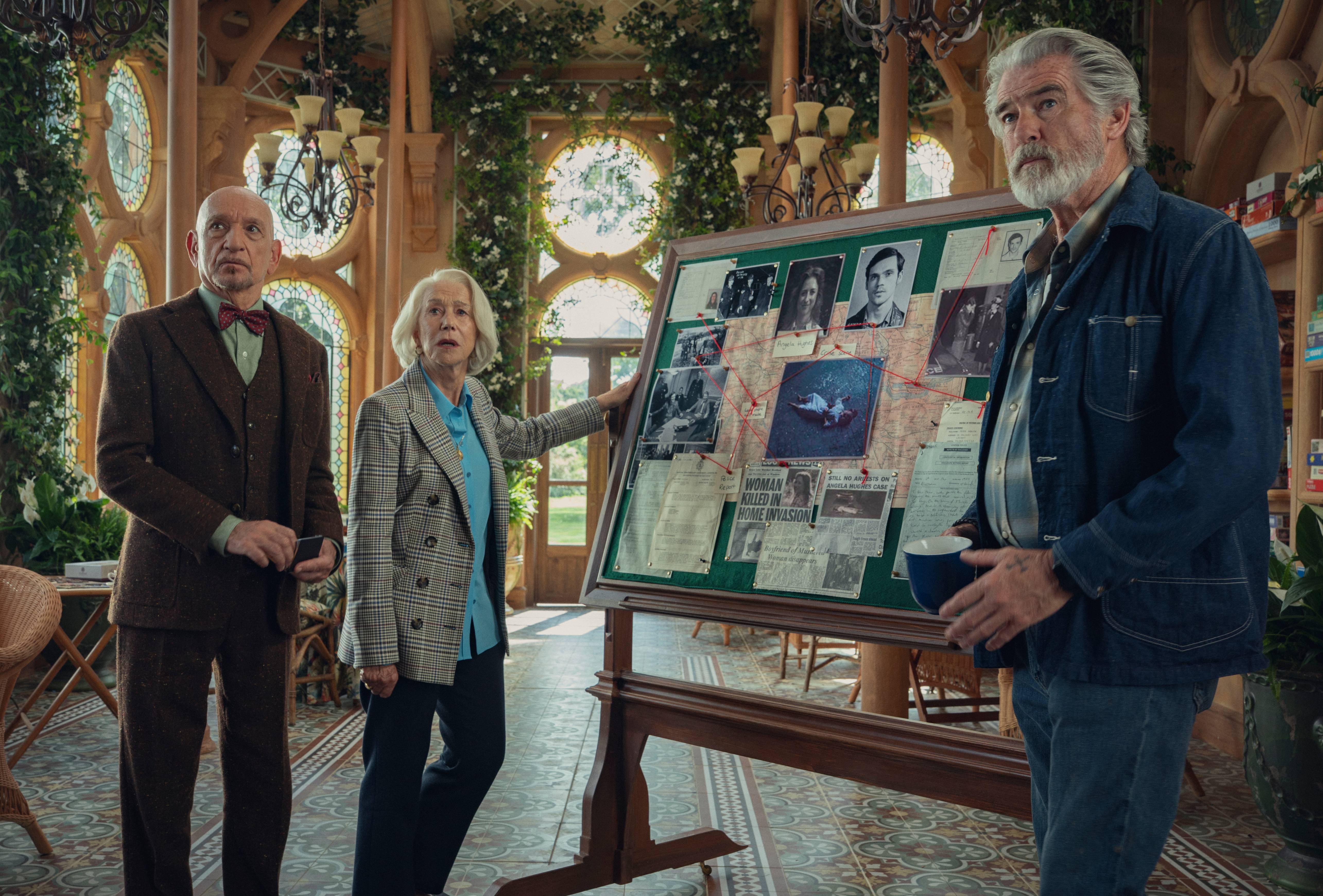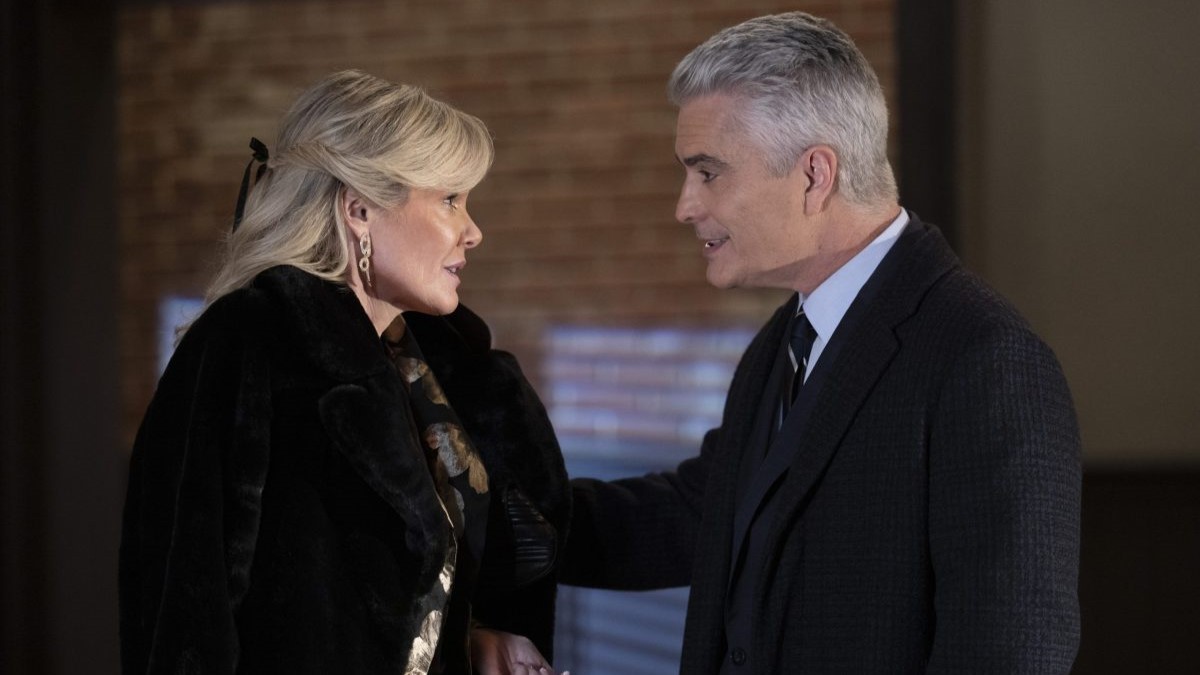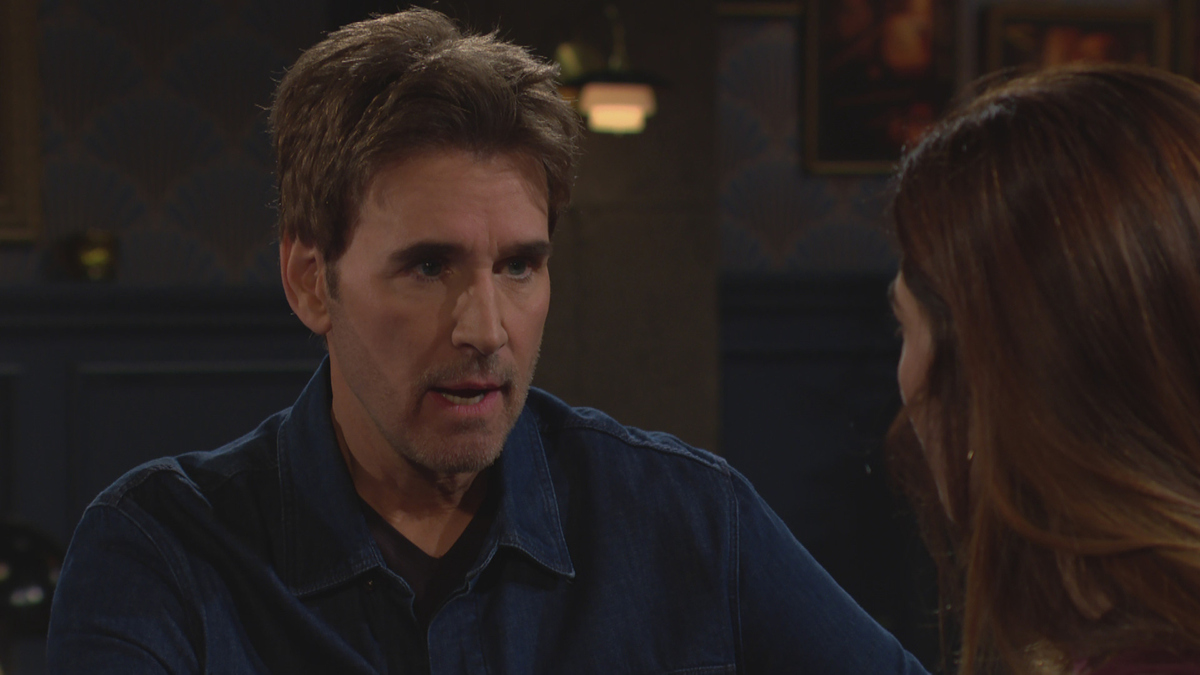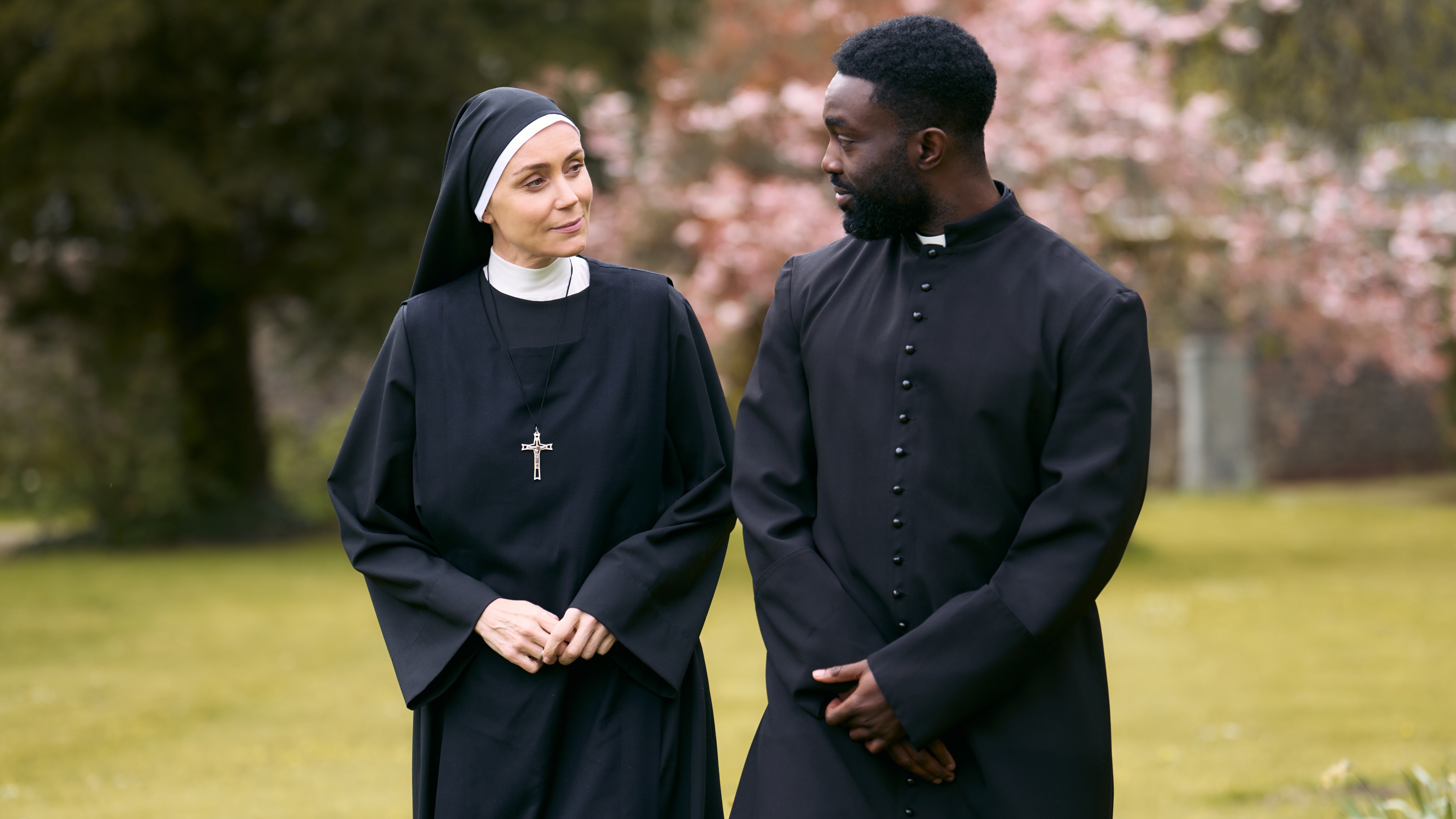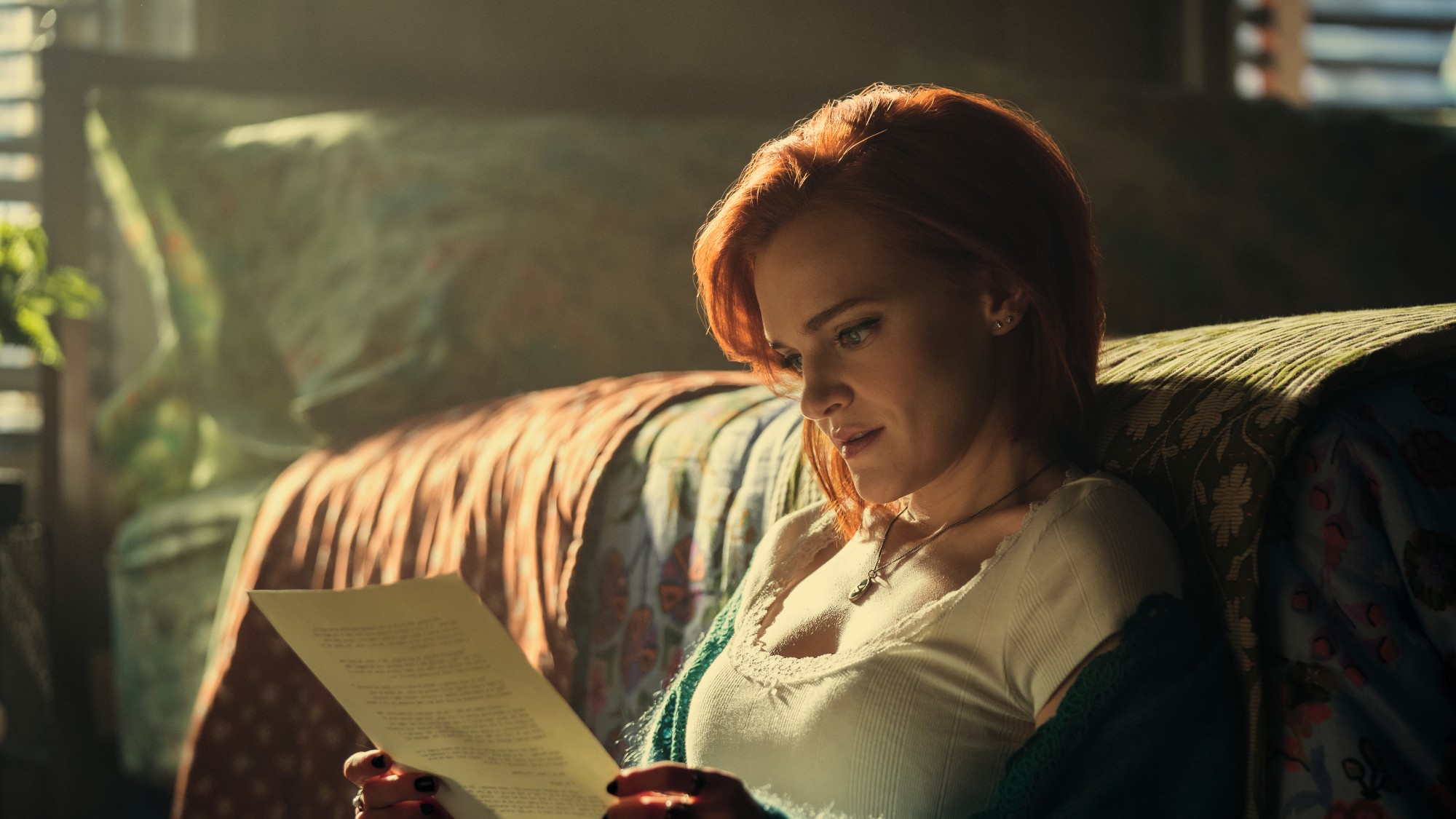The Best view | Caligula on DVD
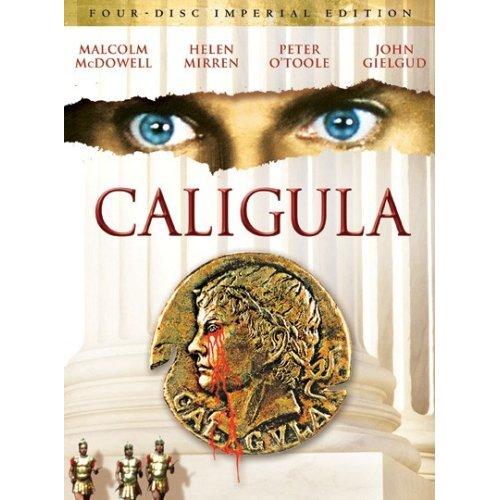
It’s one of the most notorious films of the 1970s: a multi-million-dollar historical epic about the infamously decadent Roman emperor that boasted a script by novelist Gore Vidal, lavish sets by an Oscar-winning designer and a cast of distinguished British thespians; it aspired to art-house status yet turned out to be sleazy and pornographic; it cost a fortune to make and earned back much more; it’s a degenerate folly; a mad magnum opus; it is, of course, Caligula.
And it has just been reissued on DVD in a four-disc "Imperial Edition" tricked out with the type of authoritative and exhaustive extras that are usually lavished on venerable, multiple-award-winning classics.
Shown here in three different versions, the movie remains a tawdry farrago whichever way it is seen, but the DVD casts a fascinating light on a slice of cinematic history that will surely never be repeated.
Bob Guccione, the publisher of Penthouse magazine, bankrolled the movie, and he appears to have been hoping to cash in on the era of porno chic ushered in by the unexpected success in the 1970s of such films as Deep Throat and Last Tango in Paris.
He hired Italian filmmaker Tinto Brass to direct, on the basis of his Nazi exploitation flick Salon Kitty, and Brass in turn cast such serious actors as Malcolm McDowell (as Caligula), Peter O’Toole (as Caligula’s predecessor, the half-mad, syphilitic Tiberius), John Gielgud (as the wise Roman senator Nerva) and a young Helen Mirren (as the courtesan Caesonia, who becomes Caligula’s wife).
Guccione, however, was not content with this stellar cast and flew in a clutch of Penthouse Pets to spice up the proceedings. In filming the story of Caligula’s descent into insanity, Brass may have thought he was making a movie about “the orgy of power”, but it turned out that Guccione wanted a movie about “the power of the orgy”.
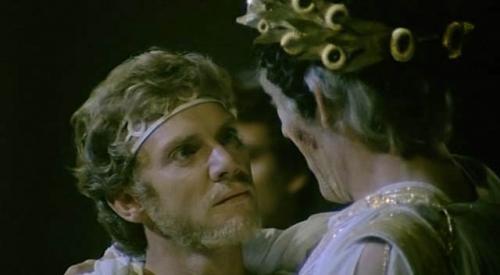
Before long, Vidal, Guccione and Brass all fell out with one another. First Vidal was barred from the Rome set and then, once principal photography was complete, Guccione kicked Brass out of the editing room and proceeded to re-edit the movie himself, inserting hard-core sex scenes into the action.
Get the What to Watch Newsletter
The latest updates, reviews and unmissable series to watch and more!
Unsurprisingly, the resulting movie was a seedy mess, hacked about by censors and barely coherent. The new DVD set, however, presents the film in three different versions: the uncut version with all the sex left in (passed for the first time this year by the BBFC); the theatrical version released in the UK in 1980; and an alternative version that cuts out the most explicit moments and approximates most closely to Brass’s original intentions.
This is the version that’s best to watch; not because the film is suddenly revealed as a masterpiece – it remains irredeemably trashy, despite displaying scenes that evoke the luxury and violence of ancient Rome better than most other screen depictions of the era and possessing visually striking sequences that attain an almost surreal power – but because this disc contains three different audio commentaries, including ones by McDowell and Mirren that are far more entertaining than the often turgid screenplay.
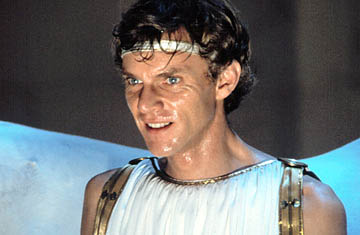
McDowell, whose performance as the incestuous, cruel, increasingly demented Caligula is astonishingly fearless, provides a sharp and sardonic commentary, and a gossipy and anecdotal Mirren is similarly entertaining.
Mirren is unapologetic about her role in Caligula, recalling how, after prestigious but low-paying gigs for the likes of the RSC, the movie earned her serious money for the first time in her career.
“I’m very grateful to Guccione,” she confesses. “He bought me my first home… and paid for the central heating. I always said, ‘I took my clothes off to stay warm!’”
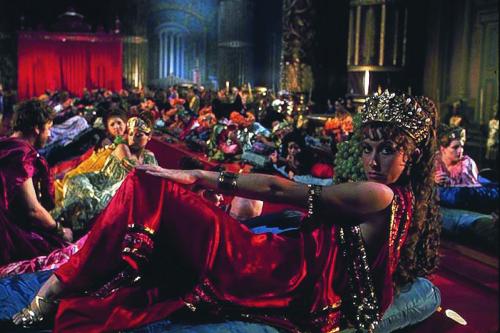
A film critic for over 25 years, Jason admits the job can occasionally be glamorous – sitting on a film festival jury in Portugal; hanging out with Baz Luhrmann at the Chateau Marmont; chatting with Sigourney Weaver about The Archers – but he mostly spends his time in darkened rooms watching films. He’s also written theatre and opera reviews, two guide books on Rome, and competed in a race for Yachting World, whose great wheeze it was to send a seasick film critic to write about his time on the ocean waves. But Jason is happiest on dry land with a classic screwball comedy or Hitchcock thriller.

